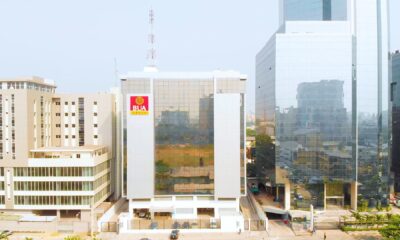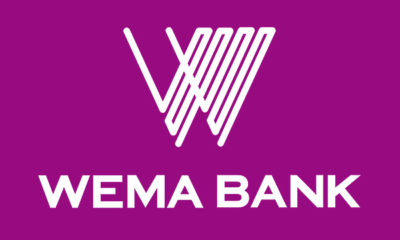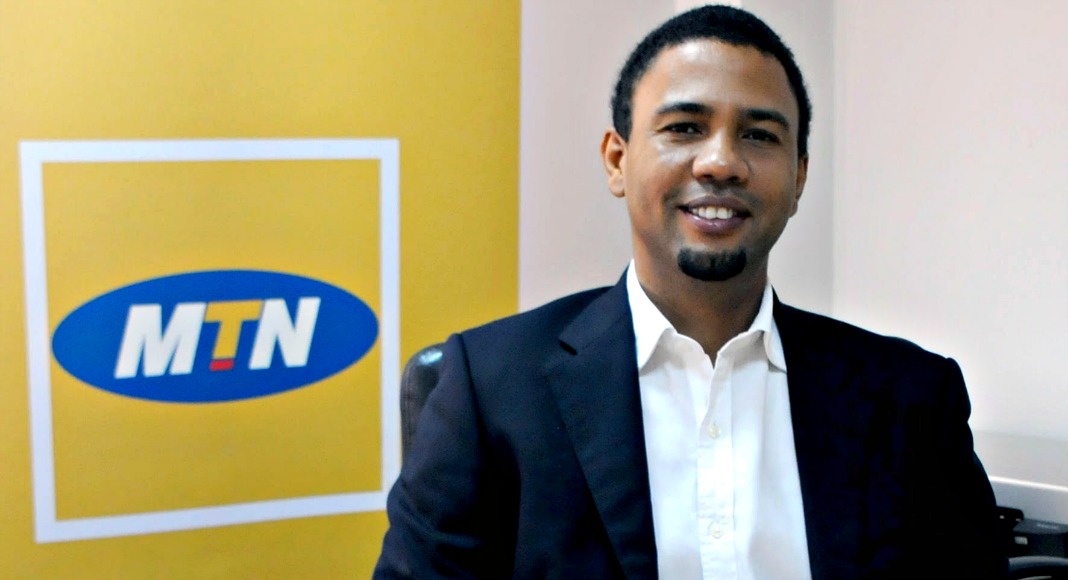Airtel Africa Plc, a leading telecommunications company in Africa, grew its customer base by 8.4 percent to 120.8 million in the first quarter (Q1) of 2022.
The telecoms giant recorded strong revenue in Nigeria, up by 38.2 percent and posted 32.8 percent in East Africa while it achieved 24.9 percent in Francophone Africa.
Airtel Africa’s first quarter begins from April to June of the current year and the year ended in the first quarter of the following year. Hence, why it is quoted Q1 2022.
Airtel Africa Q1 Highlights
Q1’22 Reported revenue grew by 30.7% to $1,112m, with constant currency growth of 33.1%. Revenue growth partially benefitted from a weakened quarter in the prior year during the peak of Covid-19 restrictions across the region. Even after adjusting for these effects, revenue growth rates for the Group, service segments and reporting regions were all ahead of Q4’21 trends.
Strong revenue growth was recorded across all regions: Nigeria up 38.2%, East Africa up 32.8% and Francophone Africa up 24.9%; and across key services, with revenues for voice up 26.0%, data up 37.4% and mobile money up 53.7%.
Underlying EBITDA grew by 42.4% to $534m in reported currency, while constant currency growth was 46.2%.
Underlying EBITDA margin was 48.0%, an increase of 396 basis points(increase of 428 basis points in constant currency) led by both revenue growth and improved operational efficiencies.
Operating profit was $352m, up 67.6% in reported currency and 73.9% in constant currency.
Profit after tax more than doubled to $142m, up 148.7%, largely due to the higher operating profits along with stable net finance costs which more than offset the increase in tax charges due to increased profits.
Basic EPS was 3.3 cents, an increase of 200%, as a result of higher profit and stable finance costs and foreign exchange. EPS before exceptional items was 3.2 cents.
Operating free cash flow (underlying EBITDA less capex) was $428m, up 38.7%.
Customer base grew by 8.4% to 120.8 million, with increased penetration across mobile data (customer base up 14.8%) and mobile money services (customer base up 24.6%). The slowdown in customer base growth was due to new SIM registration regulationsin Nigeria; excluding Nigeria the customer base grew by 15.9%.
Commenting on the company’s performance, Raghunath Mandava, chief executive officer, said “Our Q1’22 results have been very strong, with reported growth of 30.7% in revenue and 42.4% in underlying EBITDA, with constant currency growth of 33.1% and 46.2% respectively. Q1 of last year was impacted by the start of Covid, but even after adjusting for these effects, our Q1’22 revenue growth rates for the Group, service segments and reporting regions were all ahead of Q4’21 trends.
We have posted strong double-digit growth across voice (26.0%), data (37.4%) and mobile money (53.7%), and across all our regions. Sub-Saharan Africa is now experiencing a third wave of the pandemic. Governments are implementing balanced measures of lockdowns and restrictions. But vaccinations levelsremain very low. In these challenging times our business model has so far proven resilient, but we continue to monitor the situation closely for the potential impact on local economies and consumers.
Our total customer base has returned to growth with acceleration in our East Africa and Francophone regions and despite continuing negative net additions in Nigeria. With the easing of these restrictions in late April we have since been able to gradually increase locations for activations in line with regulatory compliance across Nigeria, and we have begun adding new customers.
Our continued focus on modernisation and rollout of our network, along with simplifying our products and improving our distribution, have all helped us to make handsome gains on our ARPUs across voice, data and mobile money. Our robust operating model and solid execution should enable us to continue our profitable growth.
We continue to see huge potential across voice, data and mobile money due to the low penetration levels in Africa, as we continue to partner the nations in bridging the digital divide and enhancing financial inclusion. We remain committed to continue to efficiently and effectively deliver services that help to improve the lives, communities and economies we serve.”


 Forex2 weeks ago
Forex2 weeks ago


 Naira2 weeks ago
Naira2 weeks ago
 Naira4 weeks ago
Naira4 weeks ago
 Company News4 weeks ago
Company News4 weeks ago
 Billionaire Watch1 week ago
Billionaire Watch1 week ago




 Naira2 weeks ago
Naira2 weeks ago




 Naira4 weeks ago
Naira4 weeks ago




 Naira1 week ago
Naira1 week ago


















